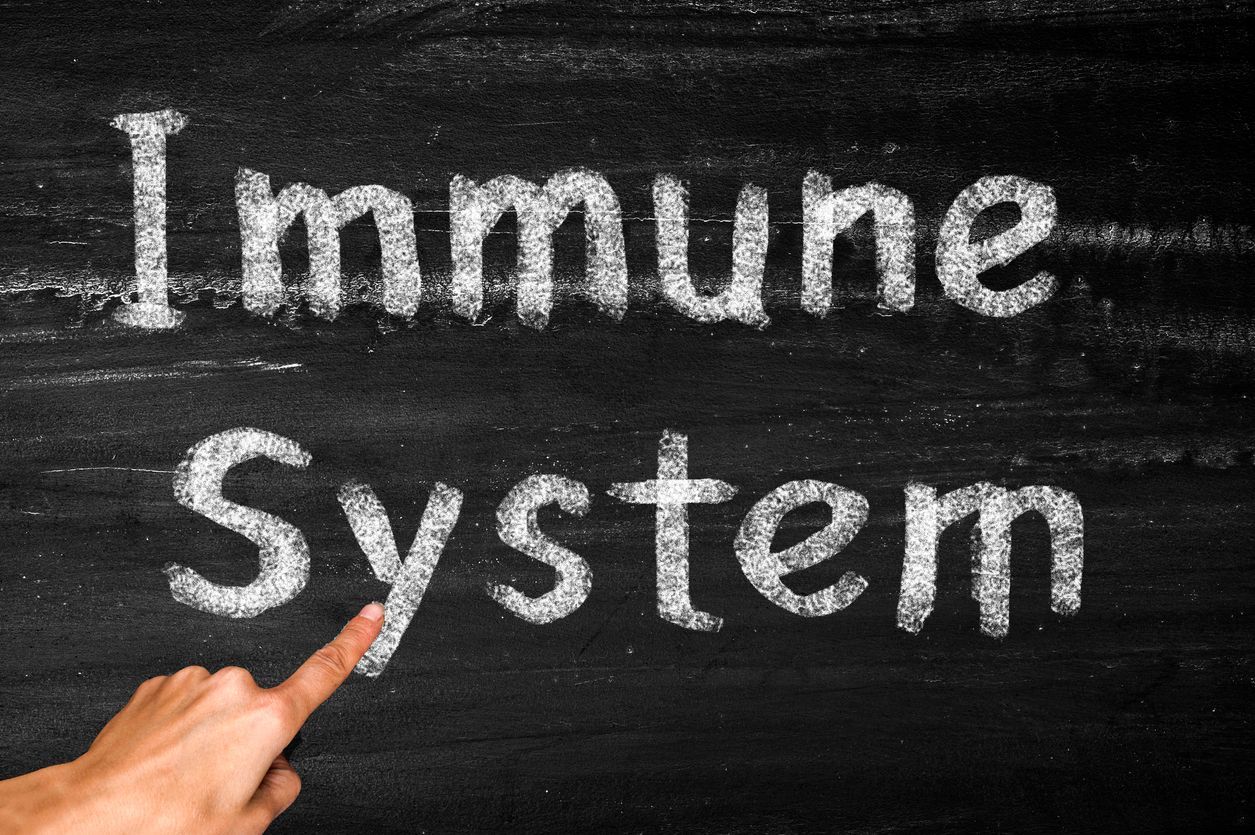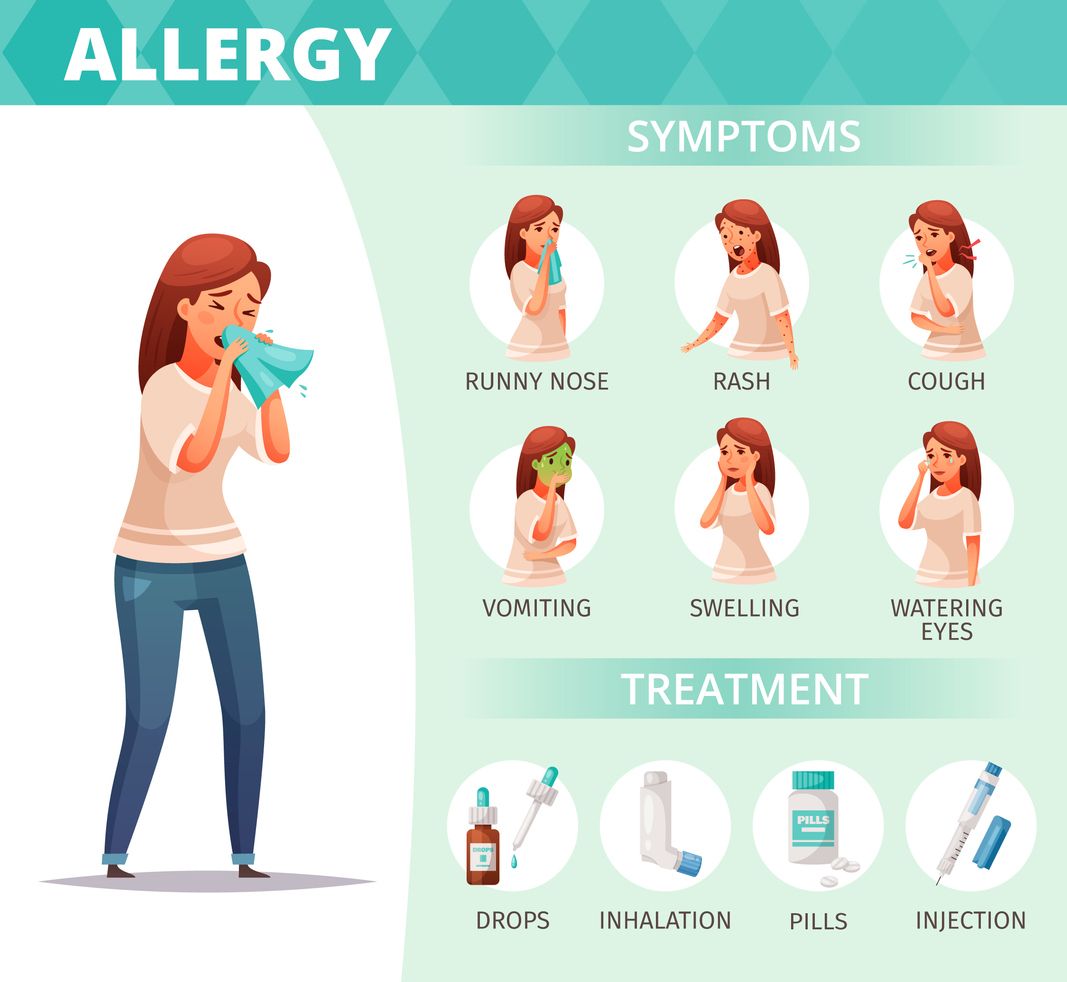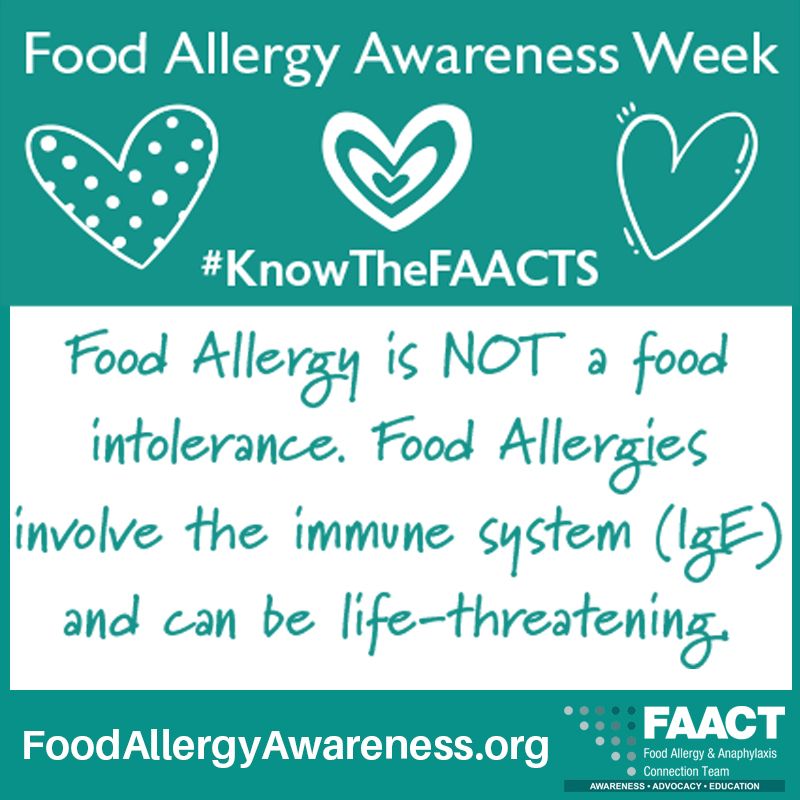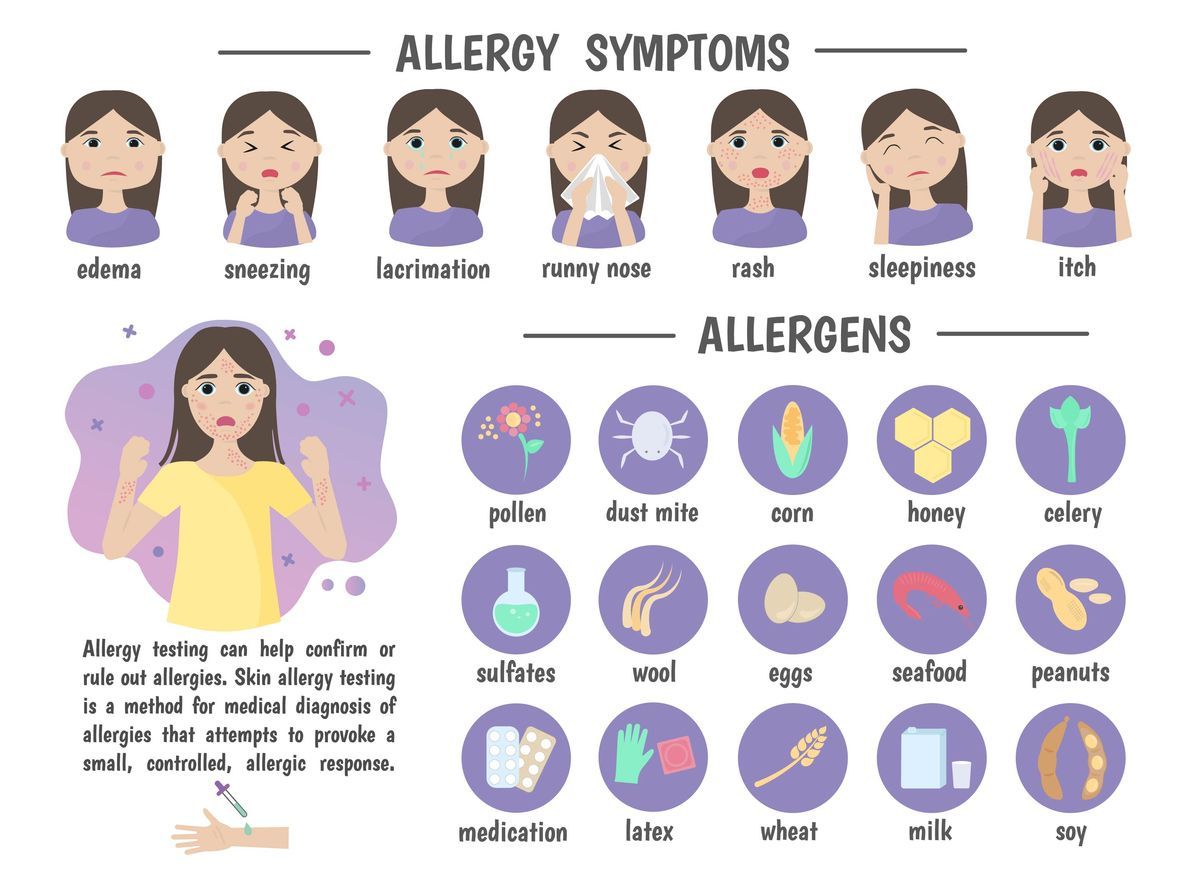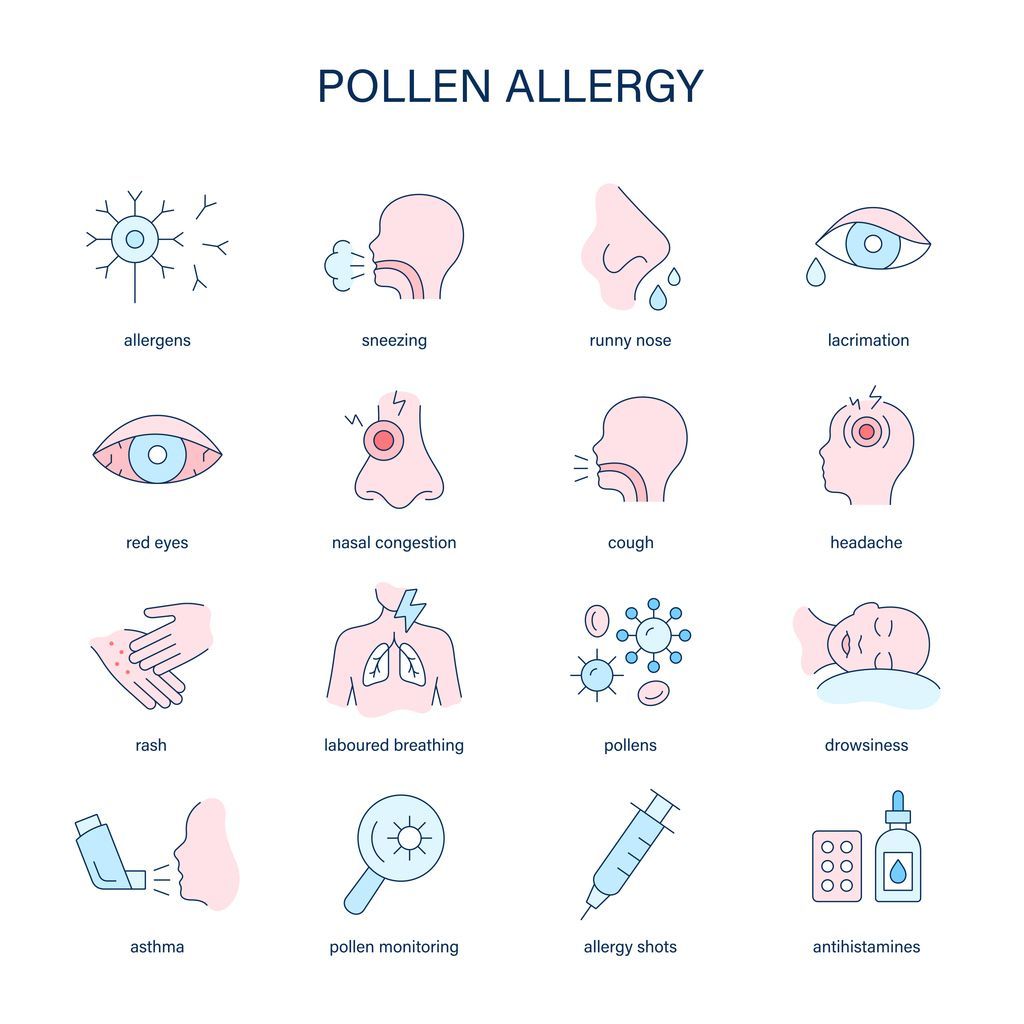Allergy Testing: What to Expect
Allergy testing: what is it?
It's best that you know about your allergies as early as possible to understand what does and doesn't trigger them. Otherwise, you will be guessing about the cause of your allergies now and then, whereas you only need to deal with ordinary things to manage your situation. The surest way to determine what you're and not allergic to is by taking an allergy test. It helps you understand your allergy triggers. Read on to learn more about this test.
Allergy test reactions: Is my reaction normal?
Your reaction to an allergy test varies according to the test performed. For instance, symptoms such as stuffy nose, itching, red, watery eyes, and skin rash in a skin test show that you're allergic to a potential allergen. Some people experience a whole-body allergic reaction known as anaphylaxis. This reaction can be life-threatening, but your test provider should be ready to treat it once it occurs.
People experience a normal result when there's no response to the allergen they're exposed to. However, in rare cases, you may show a normal reaction and still be allergic to a particular substance.
An abnormal reaction means that you've reacted to the substance you've been exposed to. In this case, you'll notice a red, raised area known as a wheal. The reaction can be mild or stronger, showing the sensitivity range to the allergen you're exposed to.
Sometimes you may respond positively to a substance but are not allergic to it. This happens when the doctor administers a large dose of the allergen being tested. Therefore, your test provider should only expose you to a reasonable amount of the allergen to get accurate results.
How Is allergy testing done?
There are several methods to test for allergies. Your doctor usually chooses a method based on the symptoms portrayed and potential allergens. These tests include:
The skin prick or scratch test
In this test, the test provider pricks your forearm skin or back with potential allergens. The test provider may also place droplets of the potential allergen on your skin and scratch and lightly puncture a small area with a device to allow the liquid to enter the skin. You should experience a reaction such as redness within 15 minutes or notice wheals forming on the skin. This test is suitable for penicillin, food, and airborne allergies.
Intradermal skin test
Your doctor may recommend an intradermal skin allergy test when the scratch or prick test is inconclusive. In this test, they inject small amounts of potential allergens into the skin's outer layer or epidermis and check for reactions.
Patch test
Doctors use the patch test to determine the cause of contact dermatitis. They can either place drops of the potential allergens into your skin and cover the area with a patch or bandage, leave for 48 to 96 hours, and remove them to check for a reaction.
Blood test
The test provider sends blood samples to the lab to measure IgE antibodies and determine whether you're allergic to a specific allergen. Your doctor may recommend this test if you have a skin condition like rashes or hives or are under antihistamine medication.
Challenge test
You may seek this type of test if you're suspected to be allergic to specific drugs or foods. An allergist performs this test through in-person supervision. They will ask you to ingest small amounts of the suspected foods or drugs and monitor your reaction to determine whether you're allergic.
How Long should an allergy testing reaction last?
There's no specific timeline for an allergic testing reaction. It may last for 15 minutes, like in the case of an allergy skin test, to 48 or 96 hours in a patch test, or a couple of days. That's why it's recommendable to have this test performed by an experienced doctor to assess the reaction time accurately.
How long does allergy testing take?
Again, the time it takes to undertake an allergy test varies according to the type of test performed. Allergy skin tests take the shortest time and only last up to 15 minutes, while blood and patch tests can last a few days.
Allergy testing at Iowa Allergy
It's recommendable to seek an allergy test if you've been reacting to certain environmental elements. At Iowa Allergy Clinic, we're proud to be one of Iowa's best allergy centers. Our mission is to provide the best services to help you accurately determine your allergies and seek the proper control measures. Contact us today and learn how we can help you.


